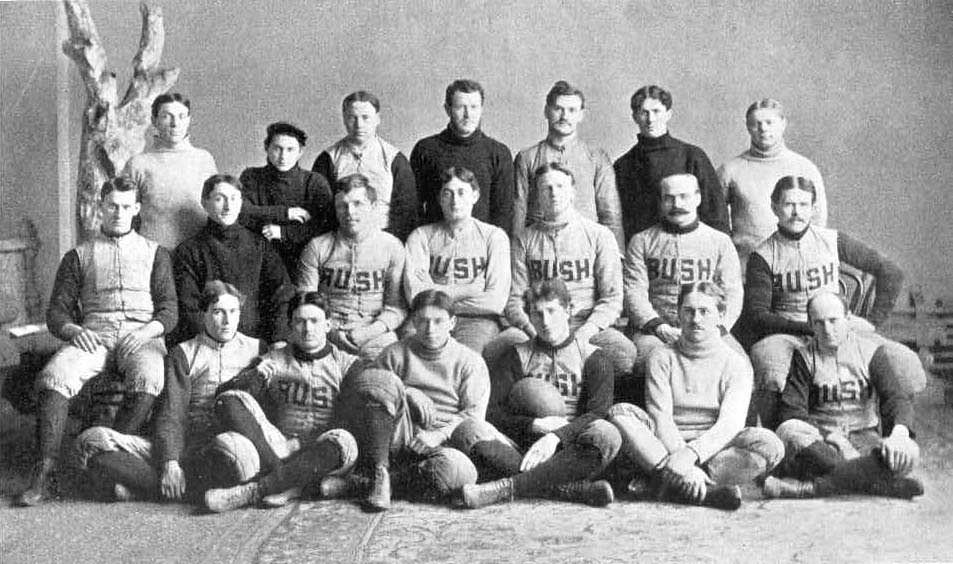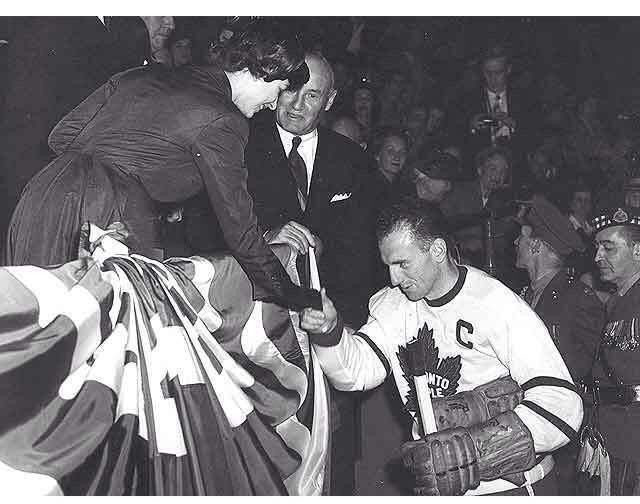Royal Treatment: Queen Elizabeth II Was A Great Sport
Sign up today for Not The Public Broadcaster newsletters. Hot takes/ cool slants on sports and current affairs. Have the latest columns delivered to your mail box. Tell your friends to join, too. Always provocative, always independent. https://share.hsforms.com/16edbhhC3TTKg6jAaRyP7rActsj5
'Waterloo was won on the playing fields of Eton.”— attributed (probably falsely) to The Duke of Wellington
In the moments after the death of Queen Elizabeth II the vipers who hide in the crevices of society emerged with their preposterous howls against her. From the New York Times to the last bitter Fenian they unleashed a catalogue of grievances against the nation and the Imperial legacy of the Queen. One even wished her a “long and excruciatingly painful death”.
Some of the dishonour roll was warranted. Every great empire leaves victims, and the British Empire was no different. From the Opium Wars to the murderous Raj to the cynical Boer War, the British Empire left broken bodies and dashed dreams behind as it enriched itself. It was not always pretty.
And yes, it’s true, the Queen was fabulously wealthy from the accumulation of centuries of plunder and trade abroad. Her subjects gave her and her family the greatest art, furnishings and castles. And yet…
Unlike the Huns, the Goths or the Vikings, Britain also left behind the institutions of modern society. Law, property, education, science… while ending African slavery across the Empire (later Commonwealth). As today’s frothing republicans and anarchists decried the Queen for her role with the UK and Commonwealth they displayed only their own ignorance of British law and culture in doing so. And miss how it has persevered in the centuries since the 1660 Restoration of Charles II.
For the Queen had no constitutional powers to compel anything or anyone. Accusations that she did not “intervene” for good to prevent all manner of nastiness are sheer twaddle. Her personal military was more like Gilbert & Sullivan than Nelson and Wellington. Parliament could slash her budget in an instant. The power her critics refer to was illusory.
This Queen’s singular talent— unlike some of her predecessors and perhaps her successor— was to never interfere. While she invited prime ministers to the job at 10 Downing Street, it was the people who selected PMs, not her. When she read the speech to the throne it was the words of politicians, not the Windsor family, that she spoke.
Frankly, she often gave the impression she would happier with her horses and corgis than among many of the shabby politicians who slimed into her presence.
Which reminds us of another institution the Empire left behind as it slumped into obsolescence. Kings and queens were often mad about sports like horse racing, sailing or shooting. Shakespeare reports that tennis was the royal rage in the time of Henry VIII and Elizabeth I. It was much the same in other cultures.
But the British Empire created the structure of team sports and leagues that we know today— all sprung from the British passion for sport. From the stem sports of soccer, rugby and cricket come the world’s most popular team sports— FIFA soccer, NFL football, World Cup Rugby, NHL hockey, Australian Rules Football, Canadian Football, Major League Baseball and many more. Only basketball among the world’s most popular sports was a purely North American invention.
Soccer’s Football Association, created in 1863, gradually brought together the English tradition of games played in the exclusive public schools with the emerging power of unions, working-class teams. Even today clubs represent their roots with the tosh clubs like Chelsea and the former midlands factory cities and towns like Newcastle competing against each other.
Their rivalries are captured by standings and playoffs that regiment the competition over the course of a long season. The invention of the FIFA World Cup (like the one this November) is a perfect extension of the beautiful game that emerged from Britain.
The accompanying spirit of fair competition— it’s not cricket goes the expression— underpins all the major sports leagues around the world today. They held that there is no glory without honour. Cool professionalism, not bragging, defines a champion. This credo was reflected in Wellington’s alleged comment about the playing fields of Eton creating the officer corps that triumphed in 1815’s defeat of Napoleon.
As author John Keegan noted, the French soldiers were inspired by the idea of a people’s Republic. Liberté. Égalité. Fraterinté. They had everything to fight for. The average British soldier risked his life for what? The same class system that held him down? The King? No, Keegan observes that it was the officer corps honed during the decades of Napoleonic wars who so cooly held their troops together under the withering fire of the Emperor’s cannons (the English suffered an approximate 17,000 killed or wounded at Waterloo).
It was a measure of discipline and loyalty to regiments that held the British together at Waterloo until the Prussians arrived and Napoleon finally retreated. While many believe today’s athletes play for $20, 30, 40 million a year, even the richest athletes are still bound by the same loyalties to comrades that allowed 1815 soldiers to not duck a cannon ball lest a comrade behind be hit instead.
So criticize the British Empire if it gets you clicks online. For many, the institutions it left behind surpass the nasty temporal practice of trying to reverse the past. That includes cherishing something as lighthearted as sport as entertainment. The Queen was a great sport. Others would be well advised to follow her example.
Bruce Dowbiggin @dowbboy is the editor of Not The Public Broadcaster (http://www.notthepublicbroadcaster.com). A two-time winner of the Gemini Award as Canada's top television sports broadcaster, he’s a regular contributor to Sirius XM Canada Talks Ch. 167. Inexact Science: The Six Most Compelling Draft YearsIn NHL History, , his new book with his son Evan, was voted the eighth best professional hockey book of by bookauthority.org . His 2004 book Money Players was voted seventh best, and is available via http://brucedowbigginbooks.ca/book-personalaccount.aspx




